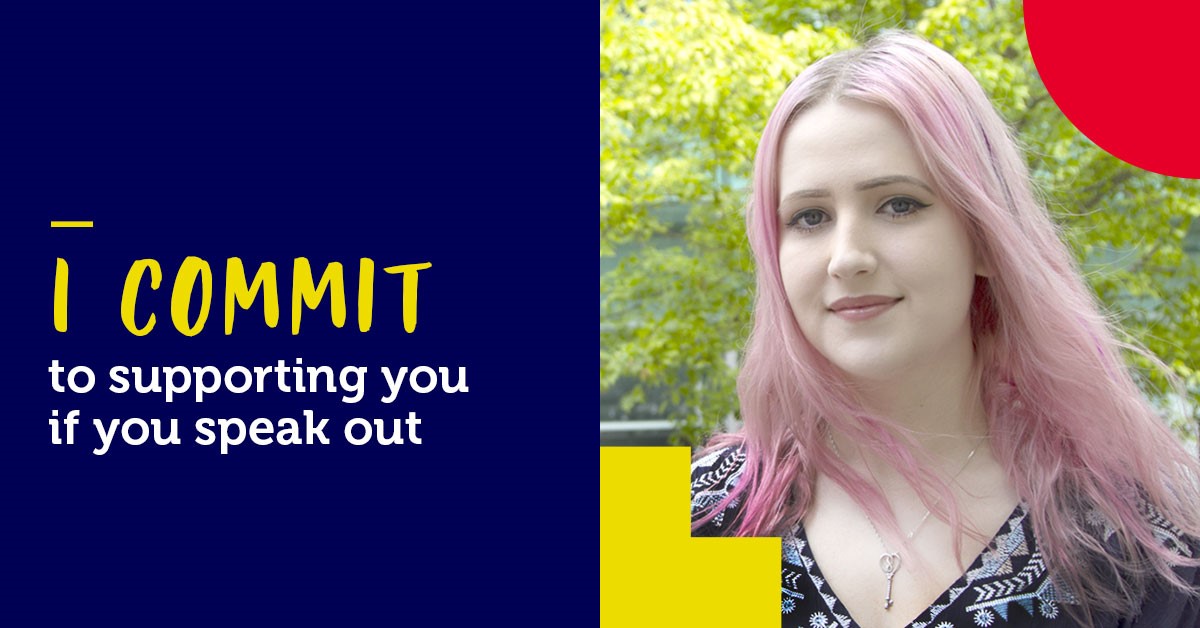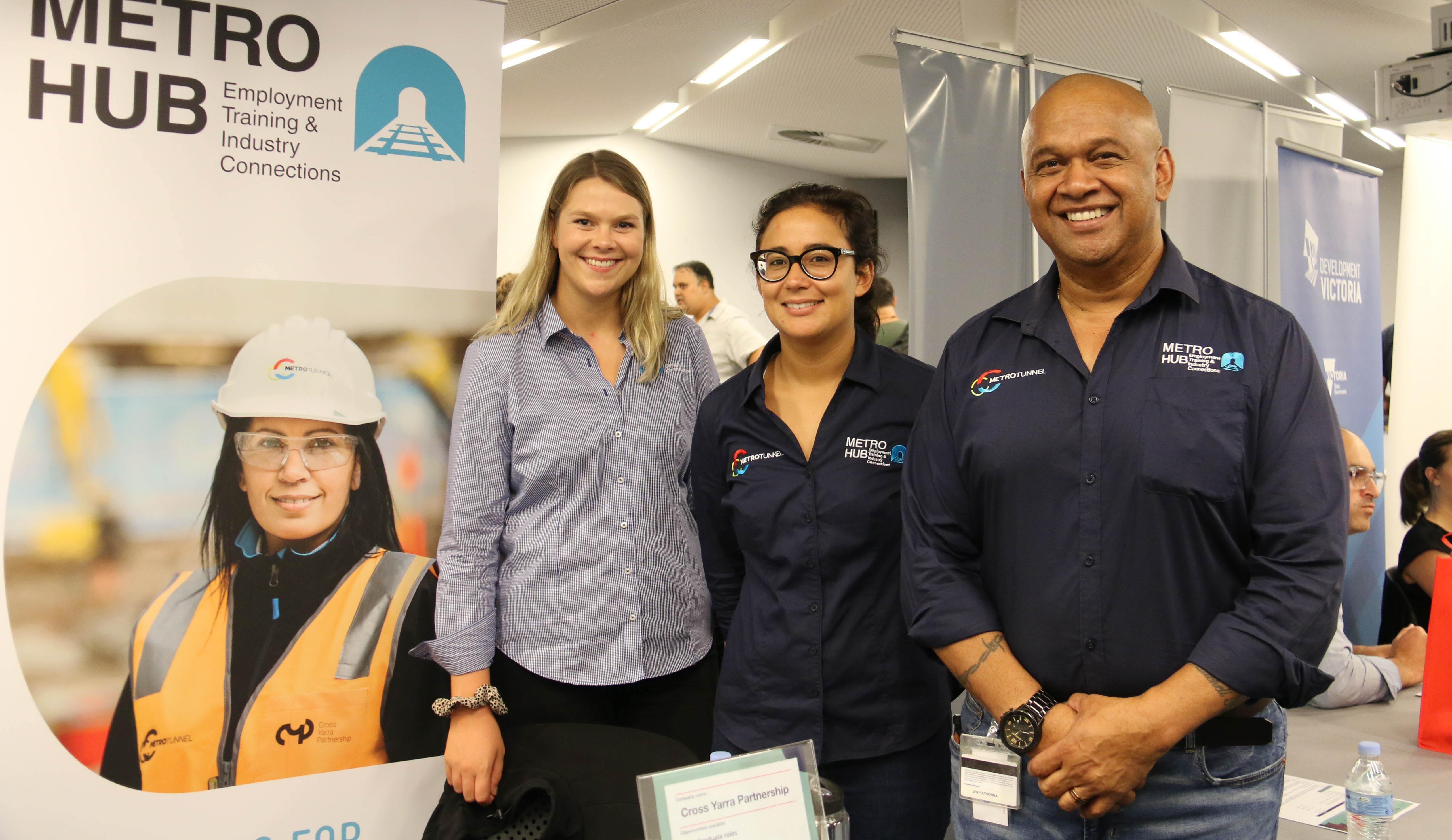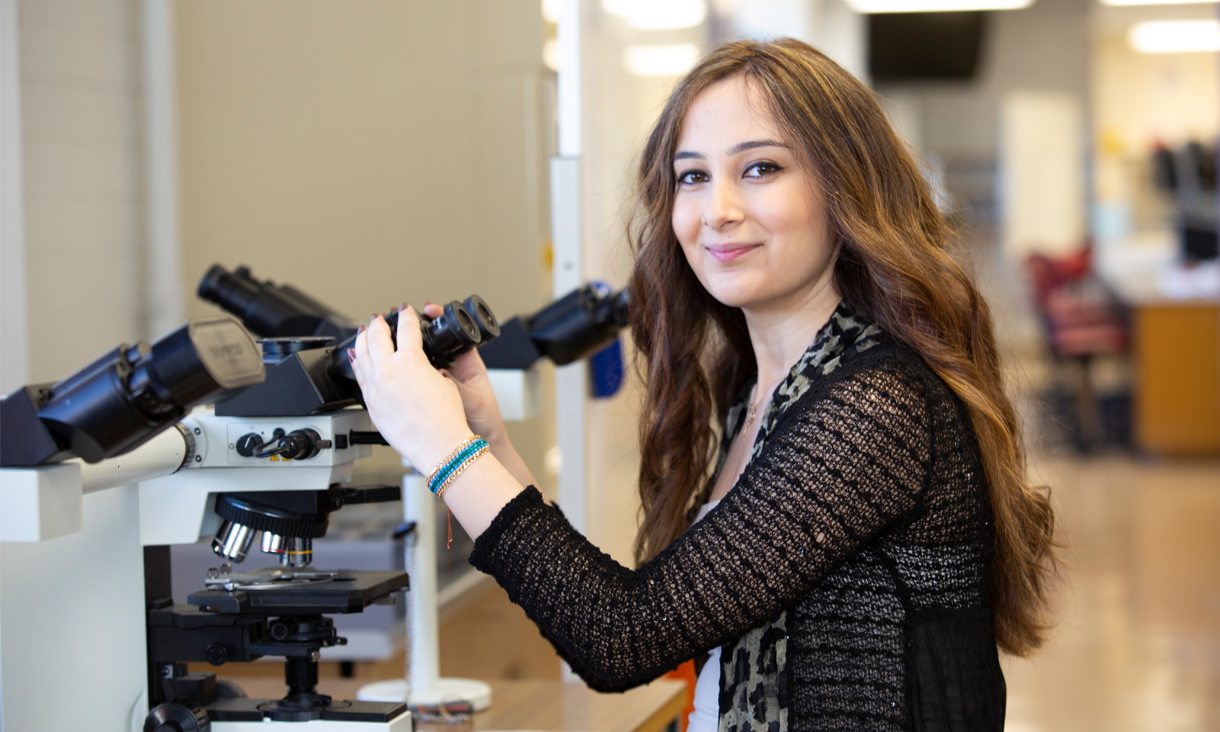Indigenous Careers Fair connects Aboriginal and Torres Strait Islander students to industry leaders
RMIT University’s first Indigenous Careers Fair gave students an exclusive opportunity to network with industry leaders.
RMIT ranks among world’s best for impact
RMIT has ranked 13th in the world for its efforts to reduce inequality within and among countries (SDG 10) in the Times Higher Education (THE) University Impact Rankings released today.
‘I had no choice but to quit study and save my life’: A Syrian refugee’s road to graduation
Seven years after she was first accepted into dental school in Syria, Sidori Younan finally graduated at Melbourne’s Marvel Stadium in December, where she joined graduands from across RMIT’s vibrant global network.
RMIT experts highlight pressing social justice issues on World Human Rights Day
With more than 70 million displaced people world-wide and human rights violations exposed in Australia’s mental health system, our experts unpack some of the pressing issues on World Human Rights Day.






